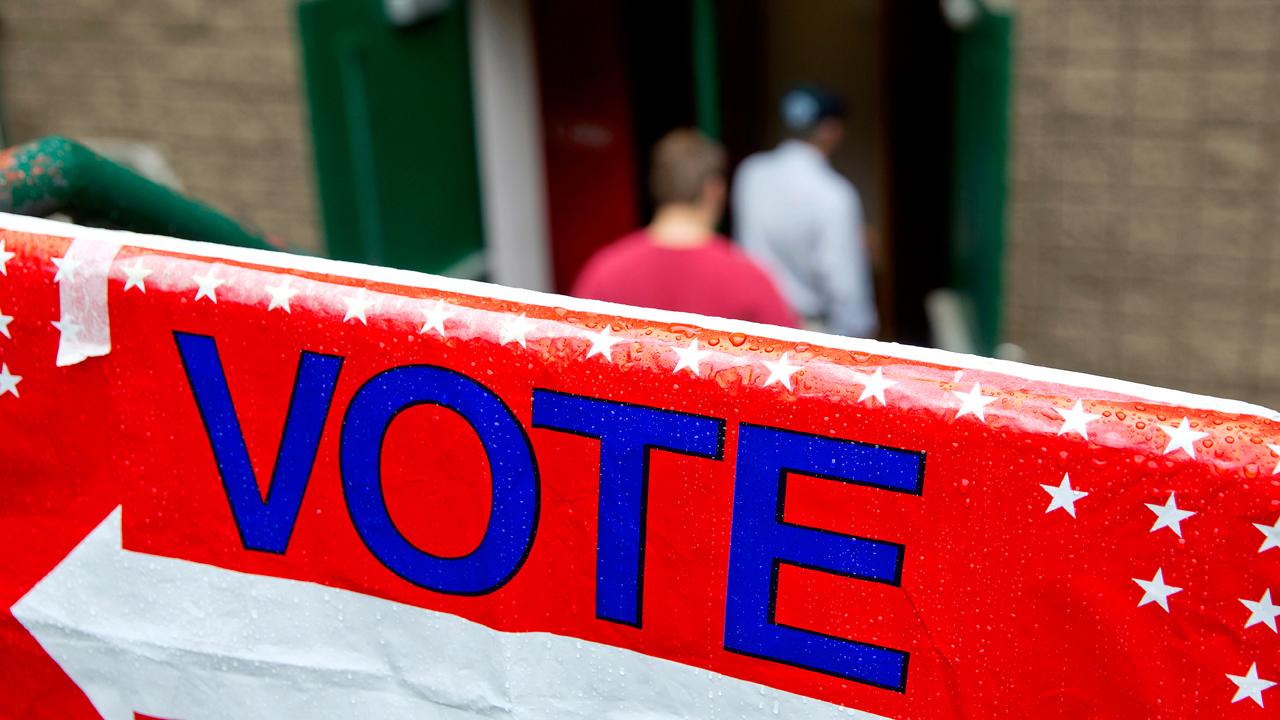Kirsten Gillibrand's top economic priorities
Democratic New York Sen. Kirsten Gillibrand announced her candidacy for the presidency over the weekend, along with a video message that – among other things – advocates for a number of progressive economic policies plugged by some of the other candidates hoping to secure the party’s nomination.
Gillibrand appears to be positioning herself as a champion of the middle class, women and families, as she enters an already crowded field, which includes several other female candidates. She is expected to hold a kickoff event in front of the Trump International Hotel in New York this week.
Here’s a look at where she stands on the biggest business issues:
Universal health care
Like many other Democrats, Gillibrand has joined the movement for universal single-payer health care.
She backed Sen. Bernie Sanders’ Medicare-for-all bill, introduced in 2017. The proposed legislation aimed to expand coverage under the government run program to all Americans, not just the elderly.
Gillibrand’s Democratic rivals – California Sen. Kamala Harris, Massachusetts Sen. Elizabeth Warren and New Jersey Sen. Cory Booker – all backed the same proposal from Sanders – who himself has also entered the race.
Paid family leave
Paid family leave for all is among one of Gillibrand’s top priorities. She unveiled a bill in 2013 that aimed to create the nation’s first universal paid family leave program – which would require that workers are partially paid for up to 12 weeks to cover time taken off for things like taking care of a sick family member or their own sick days. It would also cover time off for new mothers.
Under the plan, workers would be able to earn as much as 66 percent of their wages up to a certain amount. The bill would also implement a 0.4 percent payroll tax.
The senator has reintroduced the legislation in every year since its introduction.
Minimum wage
The New York lawmaker has been an advocate for raising the minimum wage.
She has voiced support for a $15 minimum wage, which she believes should be indexed to inflation.
In addition to raising the minimum wage, Gillibrand has advocated for “equal pay for equal work.”
Corporate America
Gillibrand has pressed for workers to be given a stake in their companies.
During a speech last year, she pushed for workers to be given “the power” through methods like profit sharing, co-ops and employee ownership.
“We are at the point where workers must have economic power,” she said at the High Wage America Summit.
She supports worker training and apprenticeships in a push toward her version of “full employment.”
Postal banking
Gillibrand last year unveiled legislation to create a postal bank – which aimed to put a retail bank in all of the U.S. Postal Service’s locations.
Under the proposal, Americans could open small accounts that would be administered by the Post Office. It is a bid to expand access to banking services, which would also include small-dollar loans.
“The Postal Bank would effectively end predatory payday lending industry practices overnight by giving low-income Americans, particularly communities of color and rural communities, access to basic banking services that they currently don’t have,” Gillibrand said in a statement issued in April.
The proposal could provide a new form of revenue to the financially-distressed Postal Service as well.
The U.S. had a similar system in the early twentieth century.
CLICK HERE TO GET THE FOX BUSINESS APP
Universal Pre-K
In another family-oriented initiative, the Democrat has said that universal pre-k is a top priority for her. The program would provide free early education for families.
She said in a recent Twitter post that universal pre-k has “lifelong benefits for our kids” while “leveling the playing field of opportunity for all children, no matter what block they grow up on.”




















